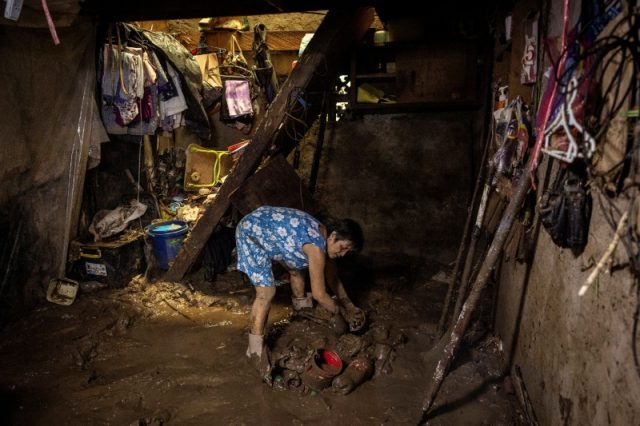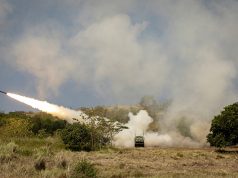
HONG KONG — China’s southern provinces and cities braced for the arrival of super typhoon Yagi, shutting schools and postponing flights ahead of its expected landfall along Hainan’s tropical coast, in what could be the most powerful storm to hit in nearly a decade.
Yagi strengthened into a super typhoon on Wednesday night and is currently around 610 kms (379 miles) south-east of Xuwen County, Zhanjiang City, Guangdong Province, China’s Meteorological office said on Thursday.
Yagi is expected to move westward at a speed of 10-15 kmh (6-9 mph) bringing torrential rains to the southern coastal areas of Guangdong and Hainan island. It is due to make landfall along the coast from Qionghai, Hainan Xuwen County, Zhanjiang City, Guangdong Province, China to Dianbai, Guangdong from the afternoon to the night of Sept 6.
Trains and boats suspended operations in Hainan on Thursday morning, while many schools across southern China, including in the financial hub of Hong Kong and gambling hub Macau were shut.
Hong Kong said it would consider issuing its third highest typhoon signal on Thursday afternoon, which would shut down many businesses and reduce transport in the special administrative region.
All inbound and outbound flights from Hainan’s Haikou airport would be suspended from Thursday at 8pm until Friday midnight, local authorities said, as they closed beaches and coastal tourist attractions.
Super typhoon Yagi’s projected landfall in Hainan is rare with most typhoons landing on the duty free island classified as weak. From 1949 to 2023, 106 typhoons landed in Hainan but only 9 were classified as super typhoons.
At least 13 people were killed in the Philippines earlier this week due to Yagi.
—Reporting by Farah Master and the Beijing newsroom; Editing by Michael Perry









